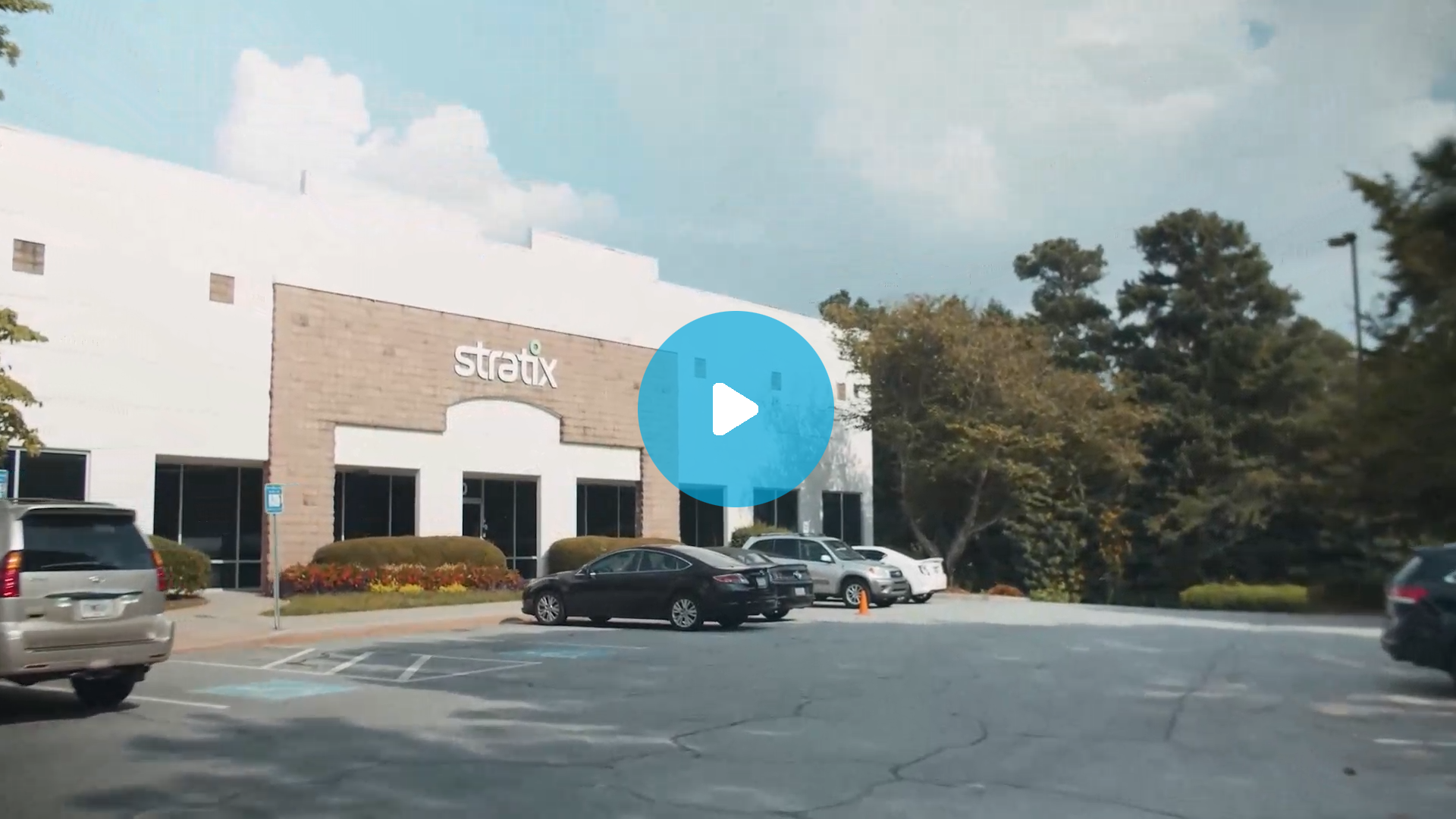What Digital Transformation in the Hospitality Industry Looks Like
Blog
Digital Transformation in the hospitality industry is an opportunity to create connected hotels that boost productivity, streamline workflows, and enhance customer and user experiences. But what does that look like?
Right now, many hotels and resorts rely on analog processes that are inefficient. While booking is often done online, and reservation management is computerized, that’s where it stops. Collaboration between housekeeping, valet, maintenance, food services, and event management usually requires phone calls and written communications. But digital transformation in hospitality can revolutionize operations. In a connected hotel, mobile devices like tablets, smartphones, and wearables keep the whole team linked and functioning as one.
How Does it Work?
Let’s use room management as an example of how a connected hotel works. Say a guest requests an early check-in or a special arrangement like a bottle of iced champagne awaiting their arrival. In a connected hotel, housekeeping workers get an alert on their wearables that the room needs to be prepared early. Room service is automated, so the champagne request goes straight into the system. Inventory is updated, and room service staff is alerted when to chill the champagne and when and where to deliver it.
The same kinds of digitized and streamlined operations apply across the entire facility, including the front desk, car valet, luggage valet, maintenance, restaurant, spa, and event management. It can be achieved with the latest mobile devices using hospitality management applications and other collaboration platforms.
When everyone is connected to the same system, you have a holistic management strategy that gives you actionable data. You can see inefficiencies and opportunities for improvement. Different worker groups are no longer siloed, and everyone pulls together as a team.
Why is Digital Transformation in Hospitality needed?
In the hypercompetitive world of hospitality and event management, customer expectations are high. Just as smartphones and the internet have evolved other industries like retail, guests assume they can manage their stay from mobile devices and become irritated when experiences are not seamless and easy.
Hospitality also faces the same staffing challenges that other businesses are navigating, so reducing the number of employees needed through automation is a significant competitive advantage. Digital transformation also helps reduce operating costs and boosts efficiency, which affects the bottom line.
How Do You Get There?
Because the latest technology in the hospitality industry is new and many organizations don’t have the in-house expertise to handle big enterprise mobility projects, they may be reluctant to take on digital transformation. But, you don’t have to go it alone.
Managed mobility service providers (MMSPs) have solution architects with expertise in hospitality who can look at operations to see where digital transformation offers the greatest advantages and even develop pilot programs to test the results. This includes selecting the right devices for the environment and creating workflows tailored to meet operational goals.
Once a solution is designed, MMSPs bring the scale and expertise needed to procure, deploy, maintain, and support all the components. That creates great experiences for guests and the employees who rely on technology for their jobs.
We’ve put together a video that shows how digital transformation in hospitality can revolutionize operations.













